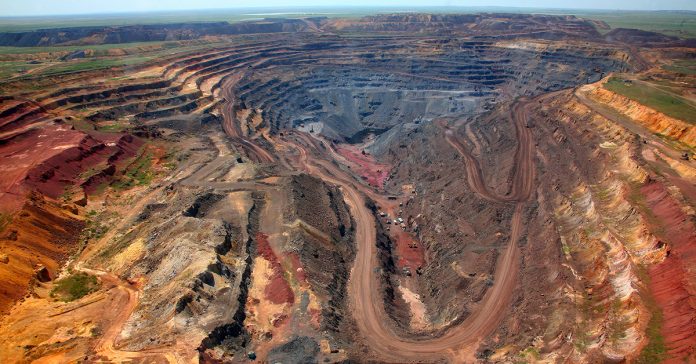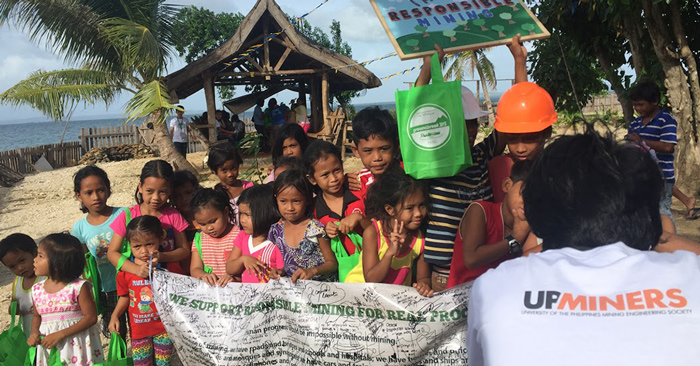
Mining In The Philippines: More Than Just NGOs Versus Firms
Mining has been a longstanding issue in the Philippines. Mining companies tell you that without their industry, we won’t have the internet, mobile phones, cars, and basically all things we use in our daily lives. While, on one end, anti-mining groups present to you before and after photos of rivers, forests, and wildlife that were affected by the industry. With the anti-mining camps dominating media and the mining companies continuing their daily operations, is this industry truly a black and white issue?
Students from the University of the Philippines – Diliman (UP) poses a more socially acceptable answer to this issue, and organizes a youth-oriented campaign to bring awareness of what seems to be a middle-ground solution.

The UP Mining Engineering Society (UP MINERS) recently had a symposium about mining in the Philippines, which was held at the University of the Philippines Visayas Tacloban College last December 16-17. The two-day event called, “Groundbreak,” is a youth-oriented project promoting awareness on the issue and spreading the advocacy of responsible mining. Already in its second year, UP MINERS headed to Eastern Visayas to conduct a series of events for high school and elementary students that included a poster-making competition, an essay- writing competition, and a game show.
According to Kim Almajeda, director for Marketing of UP MINERS, “There is a need to advocate responsible mining because mining brings real jobs and income for the communities involved.”
She then added that only anti-mining groups packaged the whole mining industry as an extractive activity that destroys our natural resources and diminishes the capacity of local communities without regard to the benefits the industry brings. She believes that many people support anti-mining causes because of this kind of thinking, but killing mining is not the solution.
Mr. Jose Bayani Baylon, vice president for Corporate Communications of Nickel Asia Corporation, said in his address, “If there’s no mining, we will have to go back to the caves,” a sentiment so radical but bears a simple truth. Engr. Nonita S. Caguioa, OIC for Mines and Geosciences Bureau in Region VIII, echoed in a statement, “It is the responsibility of the state to promote the rational exploration, development, utilization and conservation. Mining is the basis of civilization.” Mr. Baylon asserts that everything around us is a product or a by-product of mining, and he dares skeptics of responsible mining to visit Nickel Asia’s site in Rio Tuba, Palawan to see for themselves that it is indeed possible.
The winning poster high school students that captured the benefits that responsible mining brings. Groundbreak Project Head Neil Clark shared that, “Perhaps the most common misconception in mining is how people think that it is filled with greed and evil. Greed because people do not see how mining companies nurture their communities, and evil because they have not witnessed the mine rehabilitation and reforestation that these companies implement.”
When asked why UP MINERS is for responsible mining, Mr. Clark explained, “We are advocating responsible mining to enlighten the youth on how it differs from the irresponsible ones—the only extractive ones; to inform them that there are life and hope in responsible mining.”






















